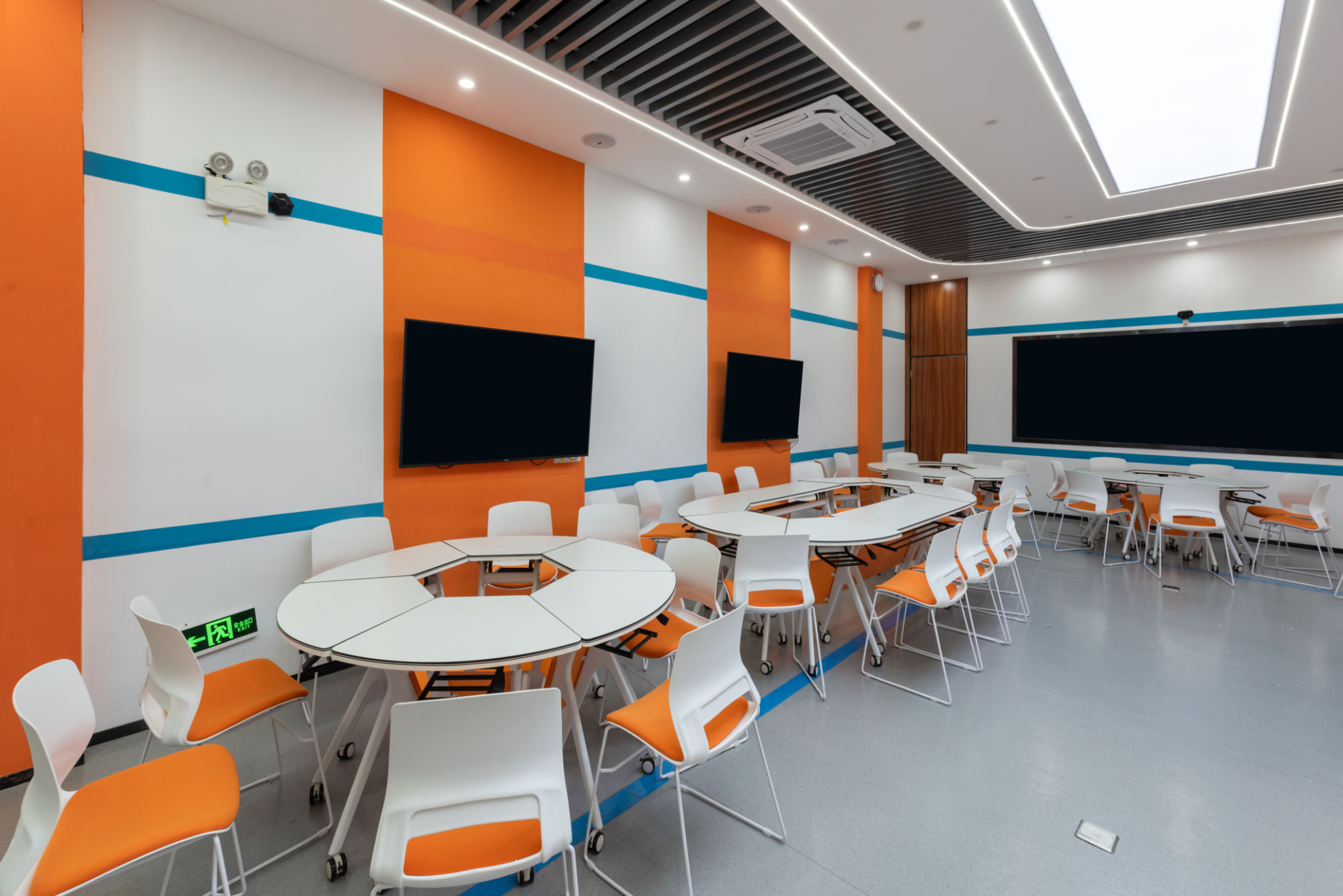Successful Case Studies: Transformations Through Personalized Learning Programs
Understanding Personalized Learning Programs
In the ever-evolving landscape of education, personalized learning programs have emerged as a transformative approach, tailoring educational experiences to meet individual student needs. These programs focus on customizing learning paths, allowing students to progress at their own pace while engaging with content that matches their interests and abilities. By doing so, they foster an environment where learners can thrive and achieve their full potential.

Personalized learning is not a one-size-fits-all solution. It leverages technology, data analytics, and creative teaching methods to craft unique educational journeys. From adaptive learning platforms to individualized tutoring, the personalized approach empowers both educators and students, creating a more engaging and effective learning experience.
The Impact of Personalized Learning on Student Success
Successful case studies highlight how personalized learning programs have significantly impacted student outcomes. Schools that have implemented these strategies report increased engagement, improved academic performance, and higher retention rates. By catering to diverse learning styles, these programs ensure that each student receives the attention and resources they need to excel.
For instance, a middle school in California adopted a personalized learning model that utilized digital platforms to tailor lessons. As a result, the school saw a notable rise in test scores and a decrease in dropout rates. Such success stories underscore the potential of personalized learning to transform education.

Key Components of Effective Personalized Learning Programs
Several elements are crucial for the success of personalized learning programs. Here are some key components:
- Data-Driven Instruction: Utilizing data analytics to monitor student progress and adjust learning plans accordingly.
- Flexibility: Allowing students to learn at their own pace and providing options for how they demonstrate understanding.
- Teacher Support: Equipping educators with training and resources to effectively implement personalized strategies.
These components ensure that personalized learning is not only effective but also sustainable over the long term.
Challenges and Solutions in Implementing Personalized Learning
While the benefits are clear, implementing personalized learning programs can present challenges. Resources, teacher training, and technological infrastructure are often cited as hurdles. However, many schools have found innovative solutions to overcome these obstacles.

Partnerships with edtech companies, ongoing professional development for teachers, and investing in robust digital tools can help schools navigate these challenges successfully. By prioritizing these areas, educational institutions can create an environment conducive to personalized learning.
The Future of Education with Personalized Learning
As personalized learning continues to gain traction, its potential to reshape education is immense. By focusing on the individual needs of students, education systems around the world are moving towards a more inclusive and equitable future. The success stories from various schools demonstrate that with the right implementation, personalized learning can become a cornerstone of modern education.
In conclusion, personalized learning programs represent a powerful shift in educational philosophy. By putting students at the center of their learning journey, these programs have the power to transform not only individual lives but also entire educational systems.
